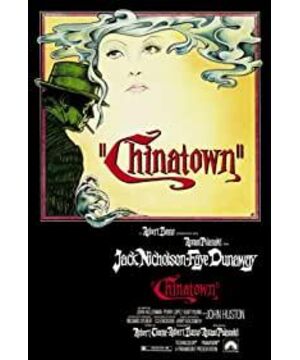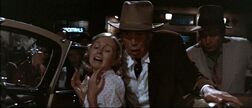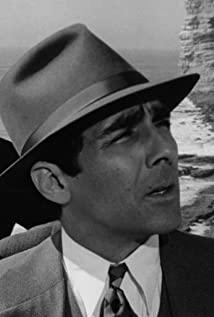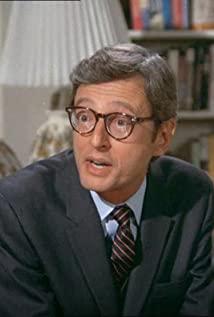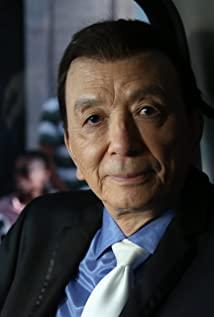stubborn monkey
2016 · 7 · 27
"Chinatown" The film itself has little relationship with the "Chinatown." It is more of a metaphor with "Chinatown" as the theme. Because of the complexity of cultural issues in the region in which Chinatown is located, the local police are indifferent to the governance practices of the region. This means that there is no law in this area, and wealth is most useful here. "Even if you kill someone, as long as you have enough wealth, you can still get away with it." This is the main theme of the film.
Back to the play. In terms of the skill of the play, all I know is a vague concept. I asked my teachers and my fellow teachers, and their answers were: "Three Acts" and "Constant Transformation". The answer is concise and concise.
In order to really overcome this problem, find some information to study.
The "three-act drama" we usually talk about can be understood in this way, and the three "acts" constitute a story. The story is the final big boss; the act is a "unit" below it; one act is composed of multiple sequences; the sequence is composed of multiple scenes, the smallest being the beat. The order of the final presentation is: beat-scene-prologue-curtain-story.
"Chinatown" is a story based on the main line of the hero "solving a case", which is a "classic design". It is a story with a typical "three-act play" structure. The three acts are: (Building) the male protagonist was designed by others, bad reputation, and it was discovered that the cause of death of the female protagonist’s husband was in doubt; (Process) the male protagonist was persecuted during the investigation, and in order to get revenge, he tried harder to find the truth, but accidentally went with the woman. The lord falls in love; (the story climax) the truth is revealed, the male protagonist is anxious to protect the female protagonist and takes her to elope, but he fails. The heroine is dead. The black hand behind the scenes is at large.
To be honest, I watched "Chinatown" several times, and it is not the type of movie I like very much. But when it comes to the basics of playmaking, it is definitely a learning model.
The film is to unfold the story from the male protagonist's first point of view. The advantage of using the first point of view is to make the audience more immersive. When analyzing films, we often talk about the rhythm of the film. These are all designed through the skills of dramatization. For a crime-solving movie like "Chinatown", the general arrangement is: looking for a target, it is almost certain that she is; . This is a basic routine. In fact, "Chinatown" does not have too many twists, it is more about highlighting the theme. But the fascinating skills in the film can be seen. The story is to drive the character forward, and the purpose of the play is to constantly put pressure on him, driving him to a desperate situation, the character will enter the climax of the story you have designed, and then it will happen naturally. Just like in "Chinatown", the male protagonist first learned the truth for his own reputation; then he was cut off his nose, and then he was for revenge; in the end, he desperately tried to save the female protagonist because the male protagonist and the woman fell in love.
The pressure on the character is more direct, and the reason for driving the character's next action is more reasonable. In order to fully control the characters, we must create characters that meet all our requirements. In "Chinatown", the male protagonist's profession is a private investigator, and he used to be a policeman. He has the characteristics of both professions, plus he is very real and doubts everything.
In terms of character creation, we do not only create a single character, but more to grasp the relationship between the characters, to shape the character of the supporting character, and to set off the character of the protagonist. In "Chinatown", the male protagonist is not a good bird to say it bluntly, sneak shots; fights and kicks; but as viewers, we do not hate the male protagonist, but sympathize with him. The reason for this is: there is a group of worse and shameless guys around him. At least the male protagonist still adheres to the principle of "knowing right and wrong".
The most shocking part is in the climax of the story. The heroine died, the police were bought by the rich, and the rich "taken away" the heroine's daughter under the eyes of the hero. The male protagonist was controlled by the police. A very helpless and ironic ending. The significance of a story climax is that it is the convergence and culmination of all meanings and emotions. It is the expression of the main idea in the film. "Chinatown" breaks the convention of punishing evil and promoting good as the only climax and rewrites this genre.
View more about Chinatown reviews


